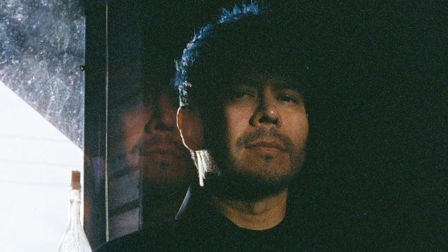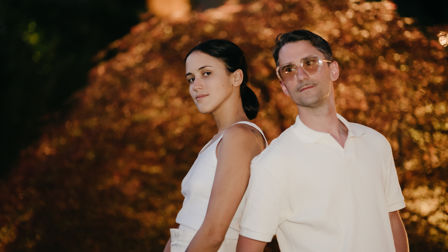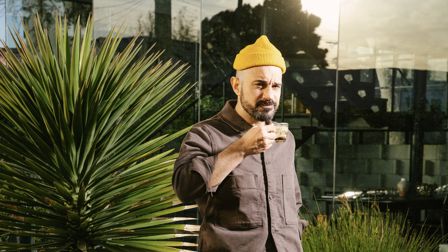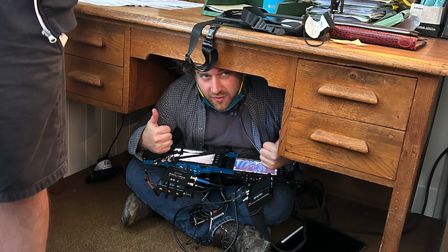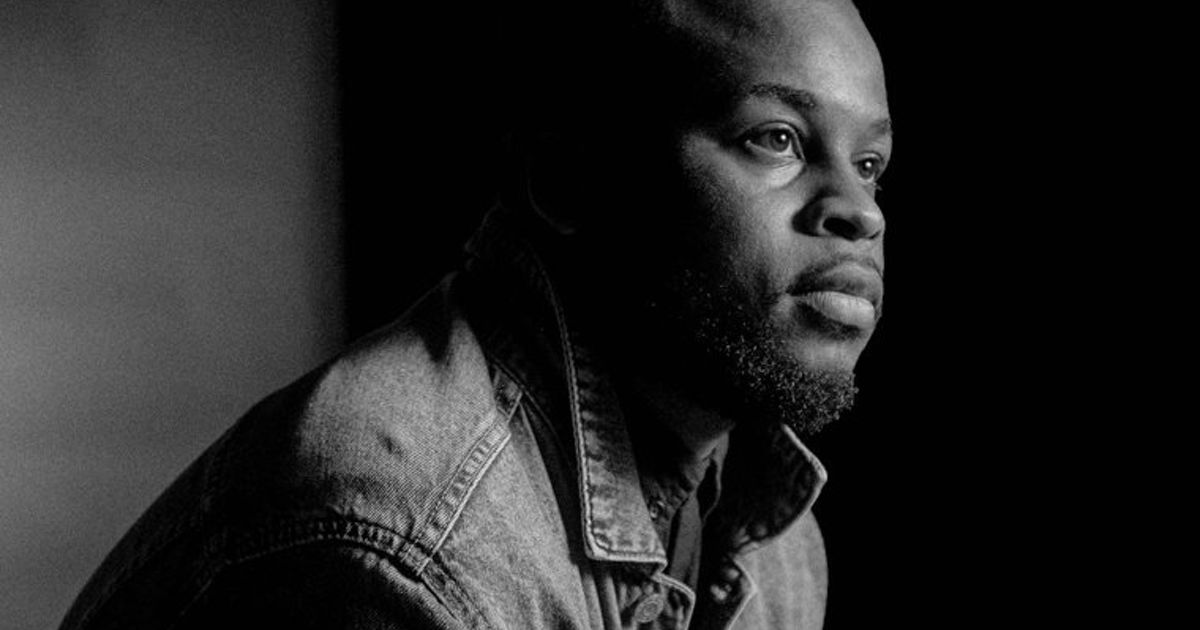)
Peer Review: Abraham Felix
New Orleans-based Curfew filmmaker Abraham Felix talks us through his inspirations, his lifelong love for human storytelling, and explains why seeing an actor bring his idea to life is the best thing about directing.
Who are three contemporaries that you admire and why?
Too many to choose from! I'll keep it simple and brag about my friends a bit here. First up, Madeline Clayton. Not only is she a talented and humble director, she truly embodies the philosophy of "sending the elevator back down after you've gone up." She's got her hands full directing bigger and bigger commercials worldwide, yet simultaneously finds ways to support and uplift other filmmakers who need opportunity. It inspires me to keep going and do the same.
Next, Luis G Santos. He's one of the hardest-working, most determined filmmakers I've ever met. He's writing a feature. He's directing music videos. He's directing commercials. He's working as his own cinematographer (shooting on film) for a feature doc. He's editing his own feature doc. He's getting into every lab and incubator under the sun. He's doing everything. He's like the Energizer Bunny. His work ethic, combined with his talent, makes his success inevitable.
Last but not least, I have to pour one out for Maya Cade, the creator of The Black Film Archive. She's getting a ton of well-deserved ink right now because she's insanely smart, and her work is crucial to our understanding of America's film history. But I admire most how she works on what she believes in, strategises effectively, and executes. A lot of great ideas collapse in execution. Not Maya's. She makes me want to work smarter and remain focused on what I believe in no matter what.
Above: Madeline Clayton, Louis G. Santos, Maya Cade
Please share 3-4 pieces of work that exemplify great direction, and explain why.
Malik Vitthal directed a spot for P&G called The Talk. He deals with delicate subject matter with such grace and tenderness. He drew out beautiful and heartbreaking performances from every cast member. The spot also has perfect editorial pacing; every emotion is heightened by its potent and well-connected score.
Hiro Murai's gotta have the belt right now for making something insanely technically complex look effortless while working perfectly on an emotional and poetic level. His music video for Michael Kiwanuka's Black Man in a White World is a great example of this, as is everything else I've seen from him.
Necktie from Yorgos Lanthimos is simple, slightly absurdist filmmaking at its finest. From the very first frame to the ridiculous ending, the visual storytelling and tone compel you to lean in and engage. I can't help but appreciate the craft. You don't know what is happening or why from start to finish, but you can't take your eyes off it.
Credits
powered by
- Agency BBDO New York
- Production Company The Corner Shop
-
-
-
Unlock full credits and more with a Source + shots membership.
Credits
powered by
- Agency BBDO New York
- Production Company The Corner Shop
- Visual Effects The Mill New York
- Editing Company Work Editorial, New York
- Music Pulse Music New York
- Sound Design Trinite Studios
- Editor Rich Orrick
- Editor Theo Mercado
- Director of Photography Lasse Frank
- Art Director Michael Manson
- Art Director Bryan Barnes
- Copywriter Nedal Ahmed
- Executive Producer Dan Blaney
- Executive Producer Anna Hashmi
- Chief Creative Officer Greg Hahn
- Director Malik Vitthal
- Producer Blake Pickens
- Producer Stephen Love
- Creative Director Rick Williams
- Creative Director Marcel Yunes
- Production Designer
- Composers
- Production Supervisor Katie Taylor
- Senior Producer
- Senior Producer

Credits
powered by
- Agency BBDO New York
- Production Company The Corner Shop
- Visual Effects The Mill New York
- Editing Company Work Editorial, New York
- Music Pulse Music New York
- Sound Design Trinite Studios
- Editor Rich Orrick
- Editor Theo Mercado
- Director of Photography Lasse Frank
- Art Director Michael Manson
- Art Director Bryan Barnes
- Copywriter Nedal Ahmed
- Executive Producer Dan Blaney
- Executive Producer Anna Hashmi
- Chief Creative Officer Greg Hahn
- Director Malik Vitthal
- Producer Blake Pickens
- Producer Stephen Love
- Creative Director Rick Williams
- Creative Director Marcel Yunes
- Production Designer
- Composers
- Production Supervisor Katie Taylor
- Senior Producer
- Senior Producer
Above: The Talk for Procter & Gamble, directed by Malik Vitthal
What do you like most about the work that you do?
I love working with actors. We come up with all these ideas, write them down, storyboard, plan, but things only come to life once an actor takes those ideas and embodies them. That process of seeing words on a page become tangible and alive will always be special to me.
What was your journey to becoming a director?
I'm from South Louisiana and I grew up loving stories. My head was always in a book I was too young for. I did theatre. I wrote stories and poetry, created characters, and illustrated my own comic books. As if I wasn't already immersed in stories, I watched as many movies as possible for a poor kid from the South.
I didn't have an inkling that I could have a film career until college. There I took screenwriting courses and worked with cameras in my journalism class for the first time. Suddenly, something clicked. After college, I worked as an editor, cinematographer, colourist, writer, producer, and many other roles, before realising that directing was for me. And I've been doing it ever since.
Credits
powered by
-
- Production Company Doomsday Entertainment
- Director Hiro Murai
-
-
Unlock full credits and more with a Source + shots membership.
Credits
powered by
- Production Company Doomsday Entertainment
- Director Hiro Murai
- Grade/VFX MPC/Los Angeles
- Executive Producer Danielle Hinde
- Producer Jason Cole
- DP Larkin Seiple
- Editor Hiro Murai
- Colourist Ricky Gausis
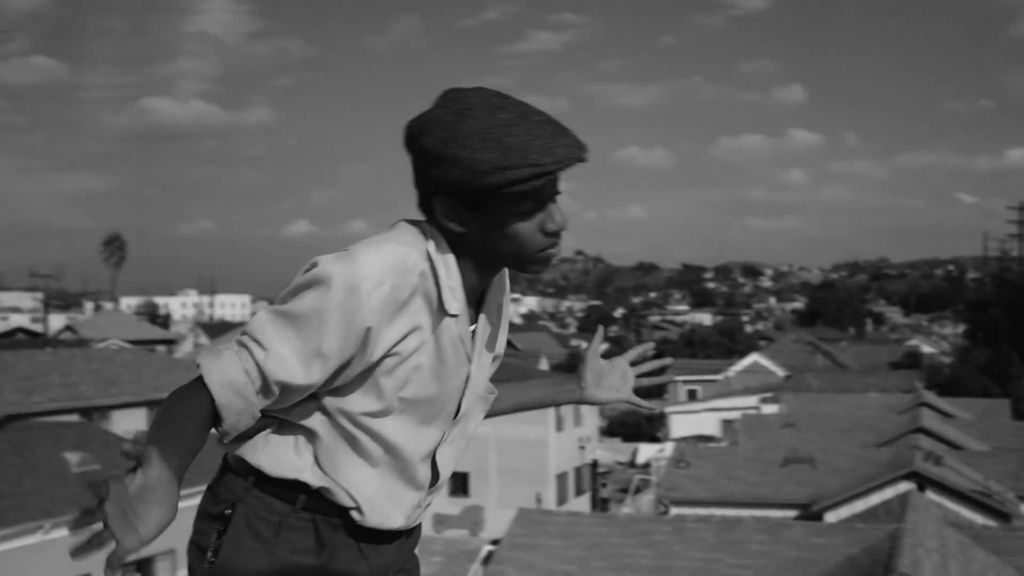
Credits
powered by
- Production Company Doomsday Entertainment
- Director Hiro Murai
- Grade/VFX MPC/Los Angeles
- Executive Producer Danielle Hinde
- Producer Jason Cole
- DP Larkin Seiple
- Editor Hiro Murai
- Colourist Ricky Gausis
Above: Black Man In a White World - Michael Kiwanuka, directed by Malik Vitthal
Where does your passion for telling human stories come from?
I'm just interested in people, in how and why we do things. I think we're all grappling with big questions about life, death, love, and even ourselves. I know I am. My own grappling makes me curious about how everyone else grapples, copes, and behaves. How do we carry all the difficulties of life? That's what interests me, so those are the stories I feel compelled to tell.
What is one thing all directors need?
I think directors need to be able to combine a lot of information and opinions and ideas very quickly and use that to make strong and thoughtful decisions.
Who was the greatest director of all time? Why?
It has to be Spielberg, right? Over and over again, he's done what many of us strive to do: tell impactful, culturally relevant human stories that are also successful at the box office. And he's been doing that for over 50 years.
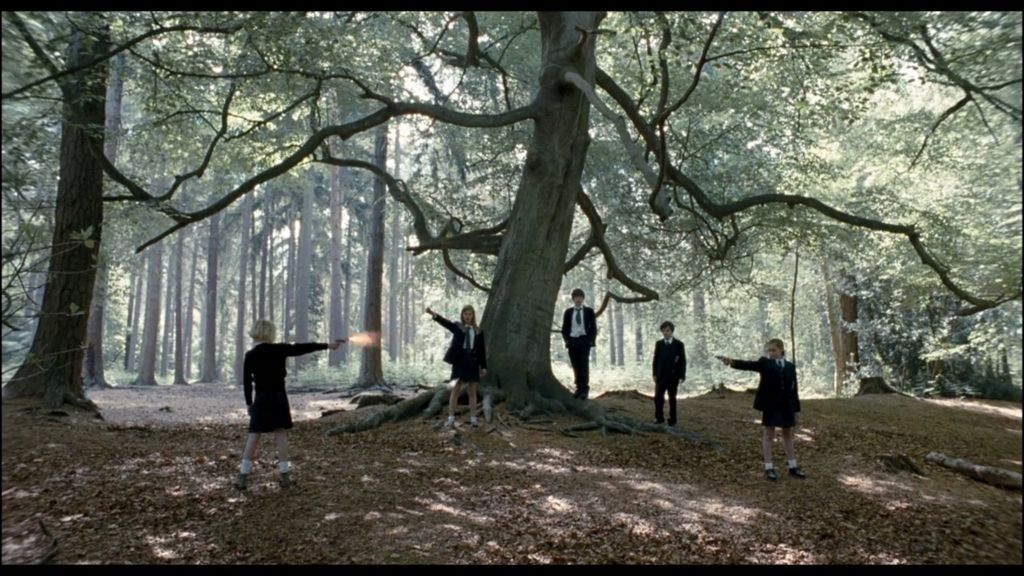
Credits
powered by
Above: Necktie, directed by Yorgos Lanthimos
Did you have a mentor? Who was it?
I've never had a proper mentor, but I'm a sponge for knowledge. I believe everyone on Earth can teach you something if you're humble and patient enough to listen. In that sense, I've had many mentors; filmmakers I've met on set, at film conferences, on the festival circuit, YouTube filmmakers, and director's commentaries on DVDs.
I've even learned a ton from podcasts. Much of my growth has come from just putting myself in a position to listen and learn from folks who are better than me. That said, I've learned the most from making things myself. Hands-on experience is the best teacher.
What's changing in the industry that all directors need to keep up with?
It's gotta be AI technology right now: Midjourney, ChatGPT, Wonder Dynamics, and countless others. It's impossible to keep up. AI is already reshaping the industry in every way it can, and it won't stop. Don't get me wrong.
I'm not one of those filmmakers who feel nihilistic or threatened by AI. As far as we know, humans remain the only beings capable of creating art that connects to other humans, which gives me some comfort moving forward. But in some ways, we have to keep up and adapt to the tools. That's all AI tech is - tools. Until one becomes sentient, then all bets are off.
)
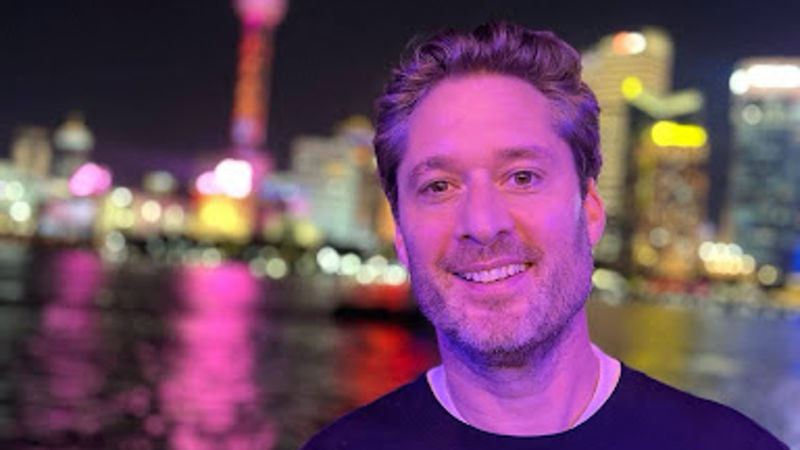
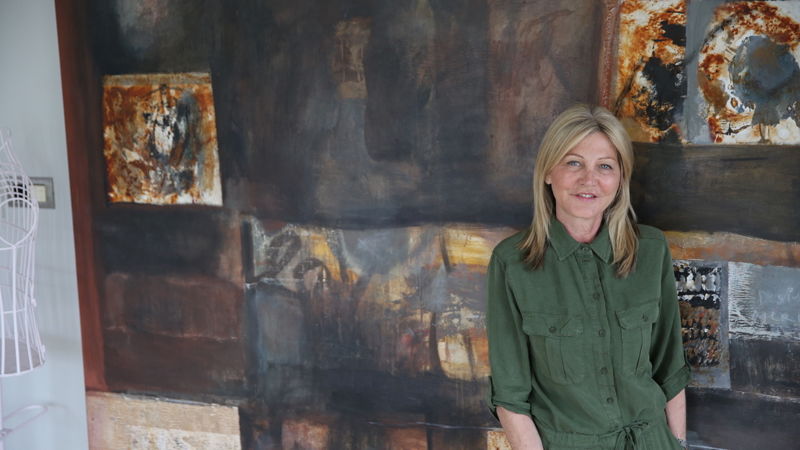
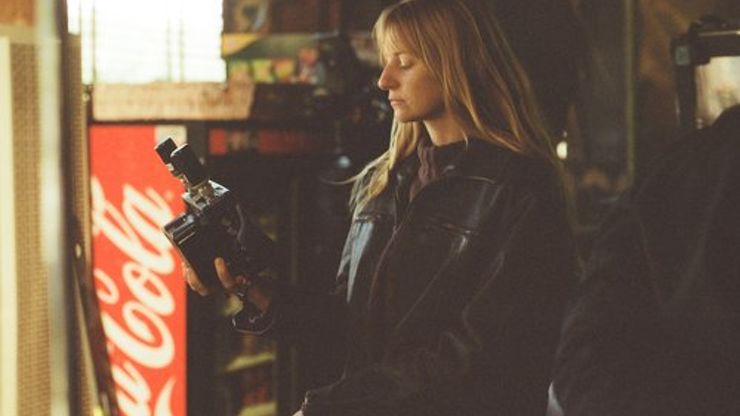
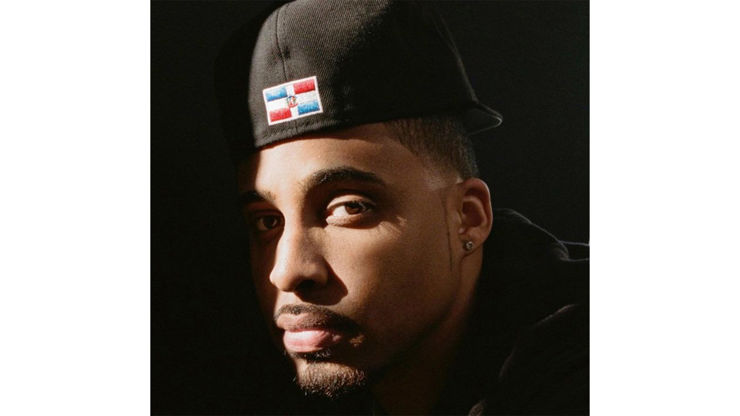
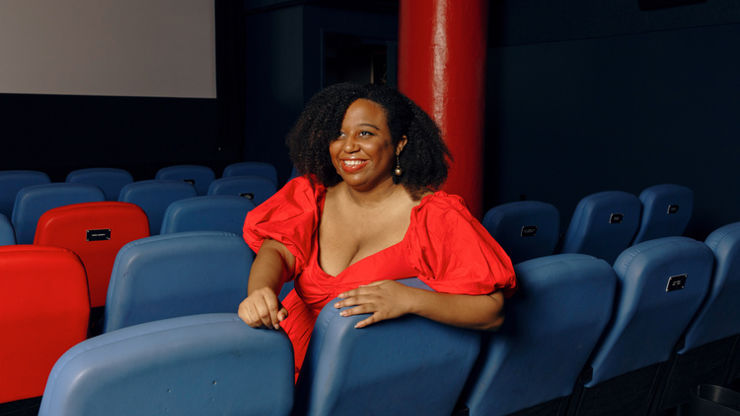


 + membership
+ membership

